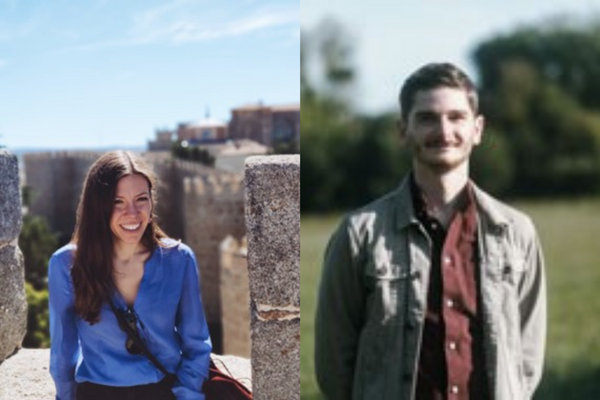
The Twenty-First Century Lyric Essay by Women: Negotiating Neoliberal Femininity
Laura de la Parra Fernández, Universidad Complutense de Madrid
The lyric essay presents fragments of life stories, ideas from other authors and multimedia elements in a non-linear fashion, involving free association or even poetic alliteration, often addressing themes that connect different pieces. In the lyric essay, meditation and an investigation of a given topic, which is triggered and then contrasted by snippets of life experience, becomes the “truth value” of the autobiographical act beyond referentiality (Novak 6). Thus, the lyric essay situates the reader in a privileged point of knowledge production about the self, one past the knowledge of a particular life narrative. Rather, the genre focuses on representing a “method” (Kacandes 388) for an embodied epistemology. The aim of this project is to understand the relationship between the recent upsurge in the publication of lyric essays written by women, such as Claudia Rankine’s Don’t Let Me Be Lonely: An American Lyric (2004) and Citizen (2014), Maggie Nelson’s Bluets (2009), Jenny Boully’s The Body: An Essay (2007) or Heather Christle’s The Crying Book (2019), and the expression of contemporary female subjectivity at odds with the demands of neoliberal governmentality. This presentation hypothesizes that that the genre allows the “implied author” to bargain with the tension between proximity and detachment to the lyric I, deviating from traditionally gendered notions of shame (Bartky 1990) or “oversharing” (Skyes 2017), which may be at once present and avoided. My reading relies on Rita Felski’s notion of “recognition” as an epistemological reading tool (2008) through establishing a lyric address who has to engage in collective, as well as intimate, meaning-making.
On the Viable Sublime: Rhetorics and Narrations of Self and Environment in the Contemporary American Ecobiographical Memoir
David Lombard, University of Liège / University of Leuven / Belgian National Fund for Scientific Research (F.R.S-FNRS)
The sublime remains a contested rhetorical and aesthetic concept whose salvageability in the fields of literary criticism, philosophy, and environmental humanities, among others, is still being questioned. The liveliness of the debate on this notion as well as its continuous—implicit or explicit—deployments in a plethora of literary works attest, however, to its viability rather than to its salvageability. This talk will critically interrogate the efficacy and the ethical viability of the sublime when mobilized as a rhetorical device to represent complex relationships between self and (non-)human otherness or environment in contemporary American ecobiographical memoirs. Since the ecobiographical memoir positions and narrates the self in specific environmental surroundings, this talk will focus on emblematic settings—e.g., the mountain, the hunting ground, Oak Ridge—that have been traditionally associated with the sublime or have begotten more recent and understudied avatars that have tried to challenge the notion’s ocularcentrism (the “haptic sublime”), anthropocentrism (the “animal sublime”) or ethicality (the “atomic sublime”) while widening its affective repertoire beyond templates of terror and awe. By focusing on the U.S. context, where the sublime keeps being conflated with imperialist and masculinist concepts such as wilderness and frontier, it will identify and examine the narrative affects and rhetorical effects produced by the sublime in the forum of the ecobiographical memoir, which paradoxically promotes relationality through a human-centered perspective.
Visit Zoom link for the meeting.
Meeting ID: 940 4256 6262
Password: 216918
